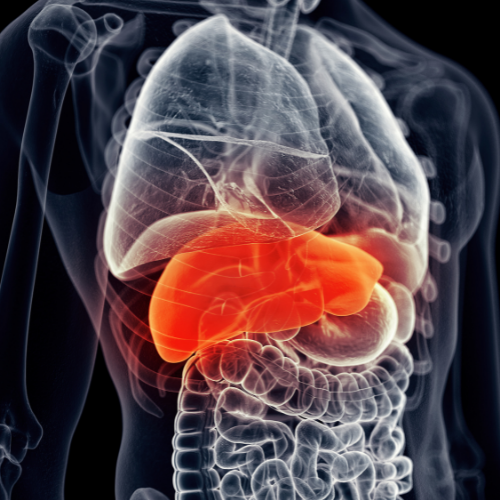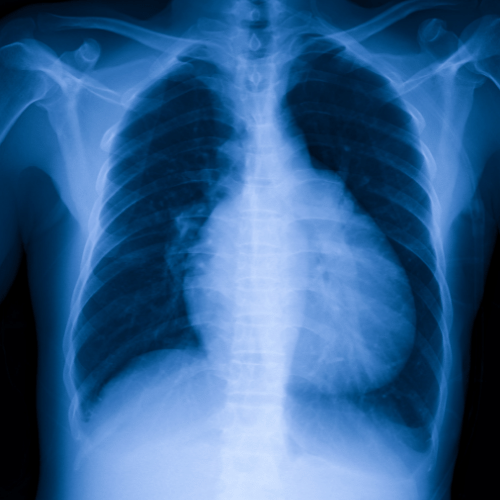Crohn’s Disease: Know About The Condition & Its Prevention

Ascites enlarged spleen and liver cured by Homeopathic Treatment
September 20, 2022
Celiac Disease And its Best Homeopathic Treatment
January 21, 2023Crohn’s disease is a type of inflammatory bowel disease (IBD) that causes inflammation of the lining of the digestive tract. The inflammation can involve any part of the digestive tract, from the mouth to the anus, but it most commonly affects the small intestine and the colon. Crohn’s disease is a chronic condition, which means it is a long-term illness that cannot be cured. However, it can be managed with medication and lifestyle changes.
Crohn Disease Symptoms
Crohn’s disease is a type of inflammatory bowel disease (IBD) that can cause a wide range of symptoms. Some common symptoms of Crohn’s disease include:
Diarrhea: This is a common symptom of Crohn’s disease and can be severe.
Abdominal Pain: People with Crohn’s disease may experience pain in the abdomen, which can be relieved by defecating.
Weight Loss: Crohn’s disease can cause malnutrition, leading to weight loss.
Fatigue: Chronic inflammation caused by Crohn’s disease can lead to fatigue.
Fever: Crohn’s disease can cause fever, especially during flare-ups.
Anemia: Crohn’s disease can cause anemia due to malnutrition or blood loss from the gastrointestinal tract.
Mouth Sores: Crohn’s disease can cause sores to develop in the mouth.
Skin Rashes: People with Crohn’s disease may develop skin rashes, such as erythema nodosum or pyoderma gangrenosum.
Eye Problems: Crohn’s disease can cause inflammation in different parts of the body, including the eyes, leading to redness, pain, and blurred vision.
It’s important to note that the severity and types of symptoms can vary widely among individuals with Crohn’s disease. If you are experiencing any of these symptoms, it’s important to speak with a healthcare professional for an accurate diagnosis and appropriate treatment.
Crohn Disease vs Ulcerative Colitis
Crohn’s disease and ulcerative colitis are two types of inflammatory bowel disease (IBD). Both conditions cause inflammation in the digestive tract, which can lead to abdominal pain, diarrhea, and weight loss. However, there are some key differences between the two conditions:
Body Area: Crohn’s disease can affect any part of the digestive tract, from the mouth to the anus, while ulcerative colitis only affects the colon (large intestine) and rectum.
Symptoms: Both conditions can cause abdominal pain, diarrhea, and weight loss, but Crohn’s disease may also cause other symptoms such as fever, fatigue, and mouth sores. Ulcerative colitis may cause rectal bleeding and the need to frequently go to the bathroom.
Treatment: Both conditions can be treated with medications such as corticosteroids and immunosuppressants. Surgery may also be necessary to remove damaged sections of the digestive tract in severe cases.
Prognosis: While both Crohn’s disease and ulcerative colitis are chronic conditions that cannot be cured, most people with IBD are able to manage their symptoms with treatment and lead active, normal lives. However, the course of the disease can vary widely from person to person.
Crohn Disease Diet
Crohn’s disease is a chronic inflammatory condition that can affect any part of the digestive tract. It is important for individuals with Crohn’s disease to follow a healthy and balanced diet to help manage their symptoms and improve their overall health.
There is no one-size-fits-all diet for individuals with Crohn’s disease, as different people may have different dietary needs and tolerances. It is important to work with a healthcare provider or a registered dietitian to develop a diet plan that is right for you.
Here are some general dietary guidelines for people with Crohn’s disease:
- Eat small, frequent meals: Eating smaller, more frequent meals can help reduce the burden on the digestive system.
- Choose nutrient-dense foods: Focus on eating nutrient-dense foods that are high in protein, vitamins, and minerals to help support healing and repair of the intestinal lining. Good sources of protein include poultry, fish, beans, and tofu.
- Avoid trigger foods: Some individuals with Crohn’s disease may find that certain foods trigger their symptoms. Common trigger foods include high-fiber foods, fatty foods, and dairy products. Keeping a food diary can help identify any trigger foods.
- Stay hydrated: Dehydration can be a common problem for individuals with Crohn’s disease, so it is important to drink plenty of fluids. Water, broth-based soups, and electrolyte drinks can help to prevent dehydration.
- Supplementation may be necessary: Depending on the severity of the disease and the extent of the intestinal damage, individuals with Crohn’s disease may have difficulty absorbing enough nutrients from their diet. In these cases, vitamin and mineral supplements may be necessary to ensure adequate nutrition.


